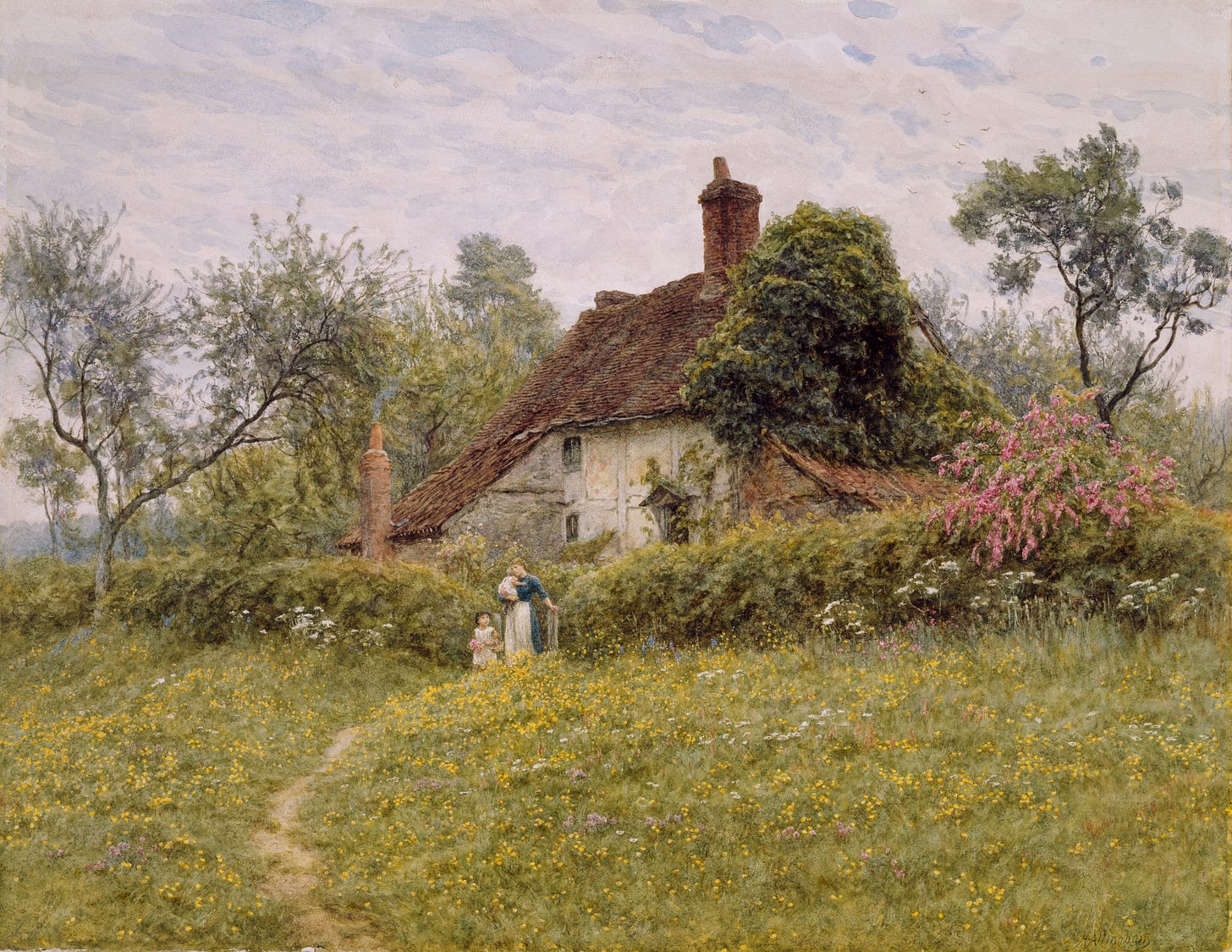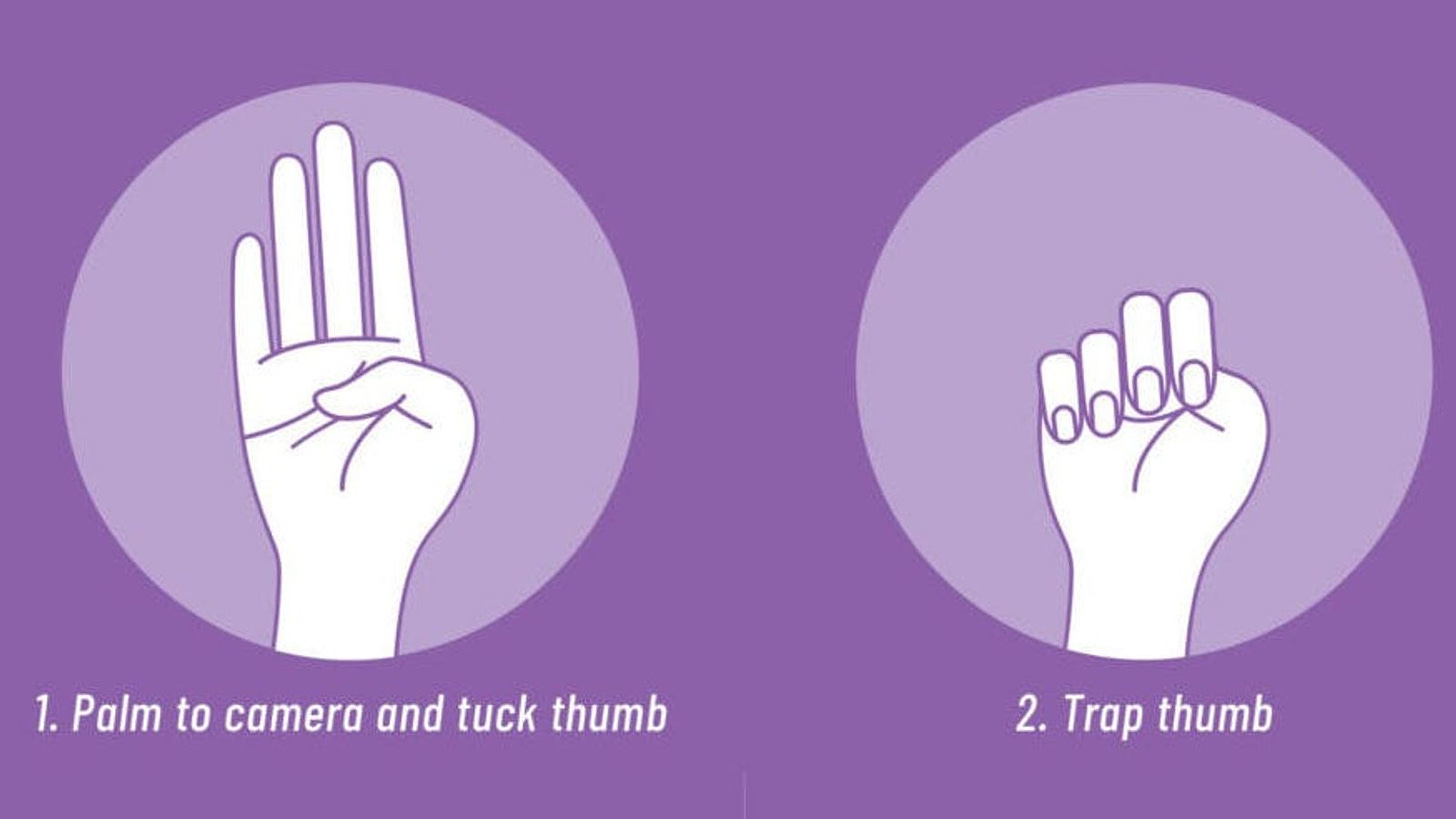Photo by Birmingham Museums Trust on Unsplash
I’ve recently finished a wonderful book called Islands of Abandonment by Cal Flyn. One of her locations is an abandoned Scottish island where she spends the night in Rose Cottage. There was a dead cow outside which led to her comment that ‘Rose Cottage’ is a euphemism common in British hospitals. Nurses and doctors ask porters to take the recently deceased to ‘Rose Cottage’, rather than the mortuary. It’s done to avoid upsetting other patients, presumably those not suffering with a hearing problem?
I never knew this and it piqued my interest. What other phrases am I unaware of which are common code for something else?
Drunk gets 9 months in violin case
There are the accidental and neatly hidden double entendres well used by the ‘Carry On’ films in the sixties and seventies. I found a few which had escaped the attention of the newspaper’s editorial team and become headlines. Miners refuse to work after death. New obesity study looks for larger test group. And my personal favourite; children make nutritious snacks.
Hospital language
But that’s not quite right is it? Perhaps the medical profession has more than ‘Rose Cottage’ up their white coat sleeves? Apparently they do, although the popularity of these phrases describing their opinion of patients has wained as the fear of litigation has risen.
The phrases are typically confined to shorthand on the patients notes and have been seen or heard in hospitals for decades. Abbreviations like SOB and GOK make perfect sense - shortness of breath and god only knows, when a patient presents with a bewildering array of symptoms. House red, on the other hand, is hardly shorthand for blood. In Accident & Emergency, PFO (pissed, fell over) and PGT (pissed got thumped) seem entirely appropriate at 1:00 am on a Saturday when the waiting room is nearly full of alcohol-related injuries.
I suspect some of the more personal references I discovered are mischievous attempts by a doctor to force the next one perusing the patient’s chart, to keep a straight face. Otherwise, why bother with, FLK - funny looking kid or NFN - normal for Norfolk, an explanation for the FLK with no other apparent symptoms.
Shortcuts abound
It’s not just doctors who use shorthand, we all do. Everyone had to do PE - physical education at school. Someone, a clever one, might have gone on to study PPE - politics, philosophy and economics at university. Occasionally, a less than honest one becomes PM - prime minister, where they read the FT - Financial Times, noisily sipping their G&T - gin and tonic, wearing DMs - Doctor Martens, glad that BST - British Summer Time is here.
Deadly serious
Some we are not supposed to know about. Inspector Sands or Mr Sands is used by transport officials and is code for a fire or bomb scare on London Underground or at a railway station. Buckets of sand are used to put out fires if you’re looking for the link. I wouldn’t be seen dead on a cruise ship but others apparently would. A medical emergency is operation bright star and operation rising star means a passenger has died.
And we’ve all heard that phrase on an aircraft before departure, arm and crosscheck, where exits on a plane are put into emergency mode. If an armed door is opened, a slide will inflate outside. The crosscheck is a reminder to the crew to check that the opposite door, the one you didn’t walk through, is also armed.
Domestic violence
Codes don’t always need to be spoken. A simple hand gesture created by the Women’s Funding Network and Canadian Women's Foundation was created to address a worldwide rise in domestic violence resulting from the pandemic.
https://www.womensfundingnetwork.org
This gesture could easily be displayed during video calls to alert family, friends or colleagues that help is needed.
An equally important spoken alarm lifesaver is when someone asks for Ani at a participating pharmacist including 2,300 Boots stores and 255 independent ones in the UK. The acronym means, action needed immediately. The person will immediately be given the opportunity to go into a private space to talk where their needs can be better assessed.
Angela
It was started in 2016 by Lincolnshire Rape Crisis when posters were put up in bars and other social venues in the county.
The posters advise: “Are you on a date that isn’t working out? Is your Tinder or POF (Plenty of Fish) date not who they said they were on their profile? Do you feel like you’re not in a safe situation? Does it all feel a bit weird?
It means anyone on a date can ask to speak to Angela at the bar and help will be discreetly provided. Participating venues have accompanying notices in staff rooms that explain to bartenders, waiters and door staff how to handle a code Angela. What started locally has now spread to other parts of the country including London where the Met Police has been working with venues since 2019.




